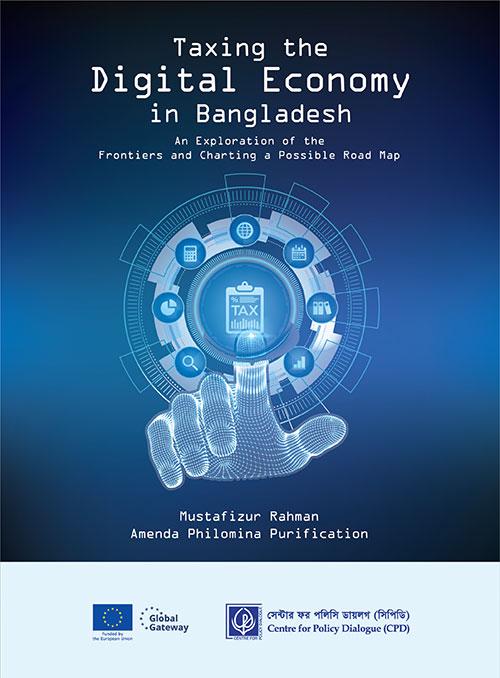 In recent years, there has been an exponential growth of the digital economy in Bangladesh, both in terms of the diversity of the services offered and types of activities as also the number of players who are actively participating in the digital economy landscape. The recent past pandemic has triggered many digital-platform-based entrepreneurial initiatives in Bangladesh, including E-commerce, F-commerce, startups, home-based freelancing activities, and business process outsourcing (BPO) activities, to name a few.
In recent years, there has been an exponential growth of the digital economy in Bangladesh, both in terms of the diversity of the services offered and types of activities as also the number of players who are actively participating in the digital economy landscape. The recent past pandemic has triggered many digital-platform-based entrepreneurial initiatives in Bangladesh, including E-commerce, F-commerce, startups, home-based freelancing activities, and business process outsourcing (BPO) activities, to name a few.
In this backdrop, issues of taxing the Bangladesh digital economy have emerged as an important area of policy interest for several reasons: search for additional opportunities in view of low domestic resource mobilisation (DRM) in Bangladesh, digital economy as a potential source of taxation; the need to revisit the incentive structure for the digital economy; and the need to introduce new policies to stimulate this sector.
This paper has attempted to address four issues in connection with the above: (a) Map the digital landscape of Bangladesh; (b) Capture the current state of the country’s digital economy taxation; (c) Draw lessons from cross-country experiences and best practices in the area of digital economy taxation; and (d) Come up with a set of actions and policy initiatives to expand the opportunities of taxing the digital economy in Bangladesh, taking into cognisance the involved trade-offs and new opportunities.
Authors: Mustafizur Rahman and Amenda Philomina Purification
Publication Period: June 2023
ISBN: 978-984-98096-6-1


